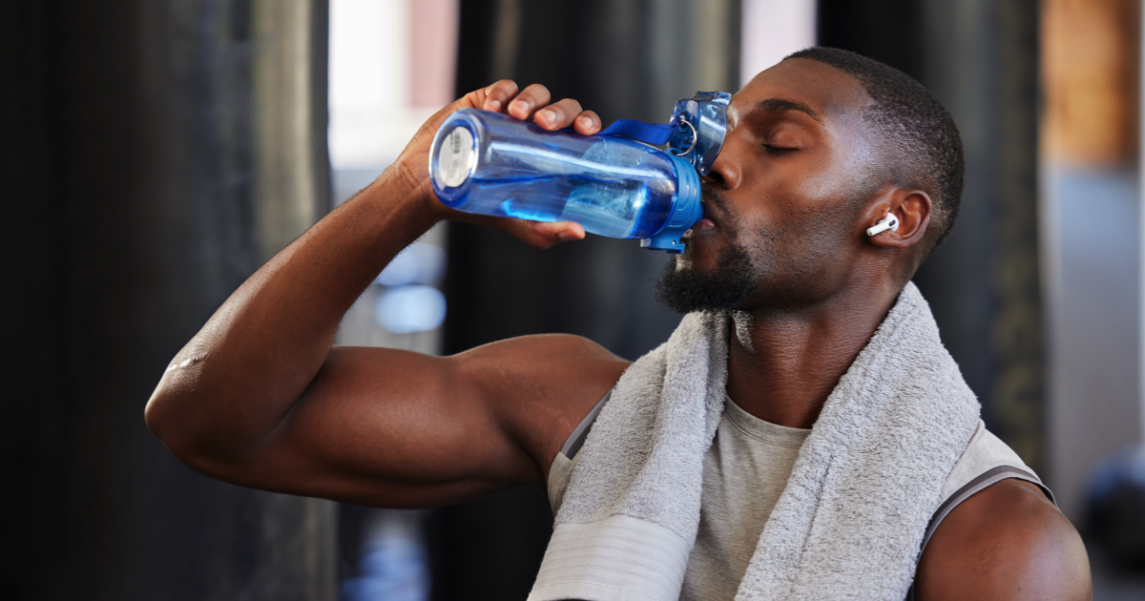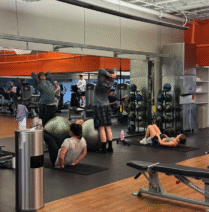
When it comes to fitness, what you do after your workout can be just as crucial as the exercise itself. Proper workout recovery is essential for muscle growth, injury prevention, and overall performance improvement. If you want to make the most out of your recovery time, here are the top five best things to do during your workout recovery. These workout recovery tips will help you feel refreshed and ready to tackle your next exercise session.
1. Hydrate, Hydrate, Hydrate
One of the simplest yet most effective workout recovery tips is to stay hydrated. Drinking water helps to replace fluids lost through sweat, supports muscle recovery, and aids in the removal of metabolic waste. Aim to drink at least 8-10 glasses of water per day, and consider adding an electrolyte solution if your workout was particularly intense.
Pro Tip: Sip on coconut water or an electrolyte drink post-workout to replenish lost minerals.
2. Get Enough Sleep
Sleep is when your body does most of its repair work. During deep sleep, blood flow to the muscles increases, aiding in tissue growth and repair. Aim for 7-9 hours of quality sleep each night to ensure your body has ample time to recover.
Pro Tip: Develop a bedtime routine that promotes relaxation, such as reading a book or practicing gentle yoga, to improve sleep quality.
3. Stretch and Foam Roll
Incorporating stretching and foam rolling into your post-workout routine can significantly enhance your recovery. Stretching helps to maintain flexibility and prevent muscle tightness, while foam rolling can relieve muscle tension and improve circulation.
Pro Tip: Spend at least 10-15 minutes stretching and foam rolling immediately after your workout for the best results.
4. Nutrition Matters
What you eat after a workout plays a crucial role in your recovery. Consuming a balanced meal with proteins, carbs, and healthy fats within two hours of exercising helps to repair muscles and replenish glycogen stores. Protein is particularly important as it provides the building blocks (amino acids) necessary for muscle repair.
Pro Tip: Consider a post-workout snack like a protein smoothie with a banana and almond milk for a quick and nutritious recovery boost.
5. Active Recovery
Active recovery involves engaging in low-intensity activities on your rest days to keep your blood flowing and muscles loose without causing additional strain. Activities like walking, swimming, or yoga can promote recovery by enhancing circulation and reducing muscle soreness.
Pro Tip: Incorporate active recovery days into your weekly routine to stay active while allowing your body to recuperate.
Final Thoughts
Implementing these workout recovery tips can make a significant difference in how you feel and perform. Remember, recovery is not about being inactive but about engaging in activities that promote healing and prepare your body for future workouts. Hydrate well, get plenty of sleep, stretch regularly, eat right, and keep moving with active recovery exercises. Your body will thank you, and you’ll find yourself stronger and more resilient for your next workout.
Optimize Your Recovery: By prioritizing these workout recovery tips, you’ll enhance your performance, reduce injury risk, and achieve your fitness goals more efficiently.
Need additional help with your workout recovery? Work with one of our personal trainers here at Lakeshore Sport & Fitness!
Personal Training at Lincoln Park
Personal Training at Illinois Center-Downtown Chicago
FAQs:
Q: How important is hydration in workout recovery? A: Hydration is crucial as it helps replenish fluids lost through sweat, supports muscle recovery, and aids in removing metabolic waste.
Q: What should I eat after a workout? A: Aim for a balanced meal with proteins, carbs, and healthy fats within two hours of exercising to repair muscles and replenish energy stores.
Q: Can I work out every day if I follow proper recovery tips? A: While it’s important to stay active, incorporating rest or active recovery days is essential to prevent overtraining and allow your muscles to heal.
Tags: recovery, Workout Recovery, workout recovery tips



